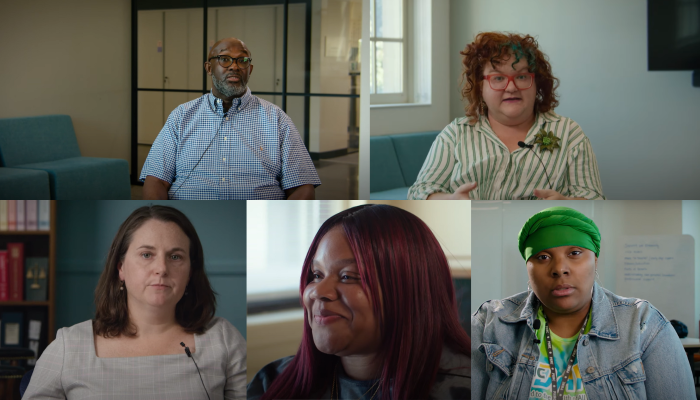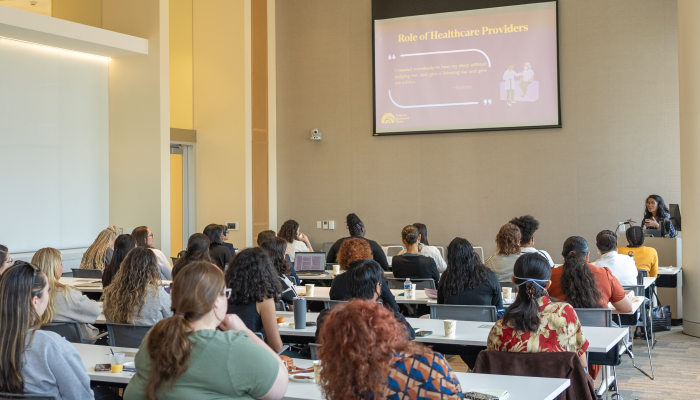Domestic violence (DV) is a pattern of behavior in which one partner gains and maintains power and control. It is common and some of these behaviors can be lethal. Victims cannot control the behaviors of an abusive partner. Abusive partners often escalate their tactics for control when the victim partner is attempting to leave the relationship, or they have recently separated. This escalation is often when an abusive partner seriously injures or kills someone.
We have seen that violence intervention programs have helped reduce the number of homicides in Philadelphia. However, according to Police data, the share of DV-related homicides has increased. In 2020, 3.6% of all homicides were identified as DV. In 2021, when the overall homicide numbers peaked at 519 victims, 7.7% of those homicides were DV. In 2022, overall homicides decreased to 464, but DV homicides continued to increase to 9% of all homicides. And at the end of February, we learned about another woman being killed by her ex-boyfriend, and that he was already in probation for assaulting a former girlfriend. It does not have to be this way.
Victims need services and help, but we cannot expect them to fend by themselves. Systems in Philadelphia have been getting better at identifying and responding to DV, but most of these improvements have focused on the victim. Systems still struggle with how to identify and respond to the perpetrators of intimate partner violence. The criminal justice system is one way to hold people who have committed crimes accountable, but we need other types of responses. Without early intervention with the person doing the abuse, we will continue to see tragic domestic violence homicides.
In Philadelphia, we are fortunate to have programs like Courdea and Joseph J. Peters Institute which offer counseling and treatment for people who have acted harmfully in relationships. But they cannot do this work alone. “Tragedies of women being killed by a former spouse or boyfriend in our own city sadly bring this issue to our attention. We need more systems and programs to understand how to identify people who are acting abusively and hold them accountable,” said Mayor Cherelle L. Parker.
Individuals and communities can join this call to action as well. Anyone can call out harmful behavior and help to stop normalizing abuse among their friends and family. Learn more below about resources to address abuse.
Abusive relationships are common, but they are not acceptable. If you are worried about how you treat your partner, or how someone you know treats their partner, there are programs that can help:
- Courdea provides small group and individual counseling for people who have acted harmfully in relationships for adults of all genders. Courdea’s program works with individuals to learn how to take accountability and build skills for healthier relationships.
- Joseph J. Peters Institute (JJPI) Safety and Responsibility program offers treatment to adults of all genders who have engaged in intimate partner violence or domestic violence. The JJPI team works with individuals to take accountability and learn how to replace abusive behaviors with respectful behaviors.
Anyone can join the call to end domestic violence. Here are ways you can get involved:
- The Lutheran Settlement House Masculinity Action Program is a community education program that brings men and male-identified people into movements for gender justice. Workshops and trainings include topics on bystander intervention, masculinity and mental health, consent, and apologizing and accountability.
- The WOAR Philadelphia Center Against Sexual Violence Healthy Masculinity Initiative is an education and outreach program that facilitates discussions about masculinity, gender roles, and sexual violence prevention for men and male-servicing organizations throughout Philadelphia.
- The Behavioral Health Training and Education Network (BHTEN) offers free trainings for health and human services and behavioral health professionals on a range of topics about domestic violence, including trainings on addressing abusive behaviors. Visit the BHTEN calendar to find out about upcoming course offerings.




